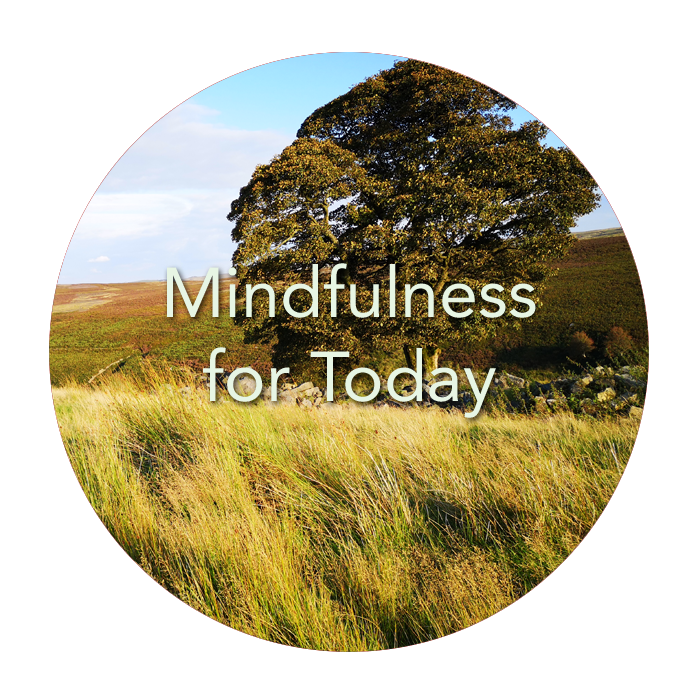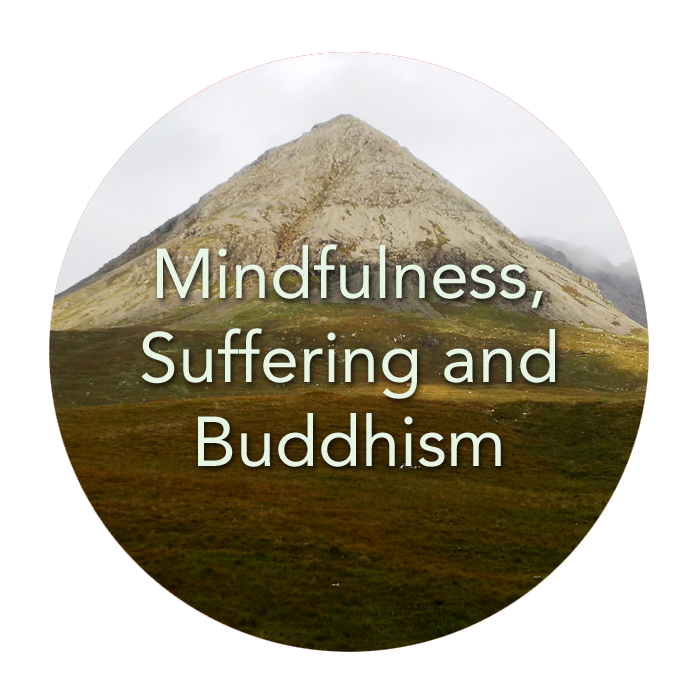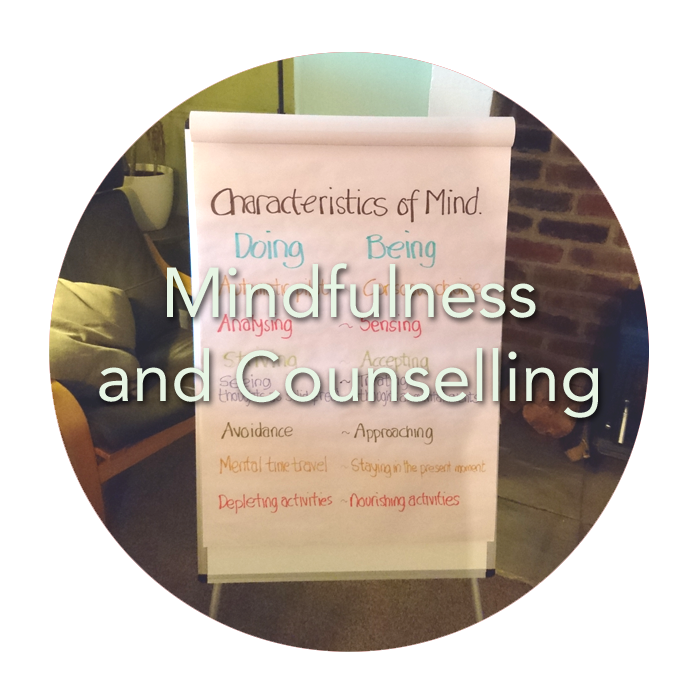Definitions of Mindfulness
The most commonly used definition is one by Jon Kabat-Zinn who was the inspiration for the mindfulness based therapies-MBT’s (for example Mindfulness Based Stress Reduction MBSR, Mindfulness Based Cognitive Therapy MBCT) that are now available in the UK.
‘Mindfulness is awareness that arises through paying attention, on purpose, in the present moment, non-judgmentally. Mindfulness is used in the service of self-understanding and wisdom’. Jon Kabat-Zinn







